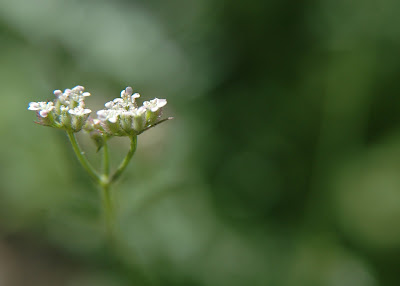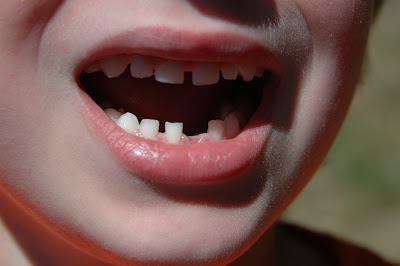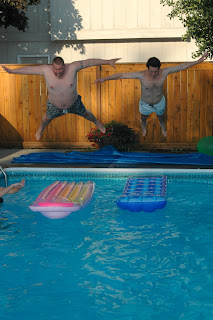So this fly was moving on in the world, molting from pupa to an adult, so it couldn't get away as I
approached with the camera. Check out it's wings.
Mad props to my assistant for holding the mirror so still. Thanks K.
The basic fly life cycle is egg, larvae (maggots — see below), pupa and adult (winged stage), called
holometabolism. There is often a difference in food sources for larvae versus adult
dipterans of the same species. For example,
mosquito larvae live in standing water and feed on detritus while the adults feed on nectar as their energy source while females utilize blood as their energy source for egg production.
Flies rely heavily on sight for survival. The
compound eyes of flies are composed of thousands of individual lenses and are very sensitive to movement. Some flies have very accurate 3D vision. A few, like
Ormia ochracea, have very advanced hearing organs.



































